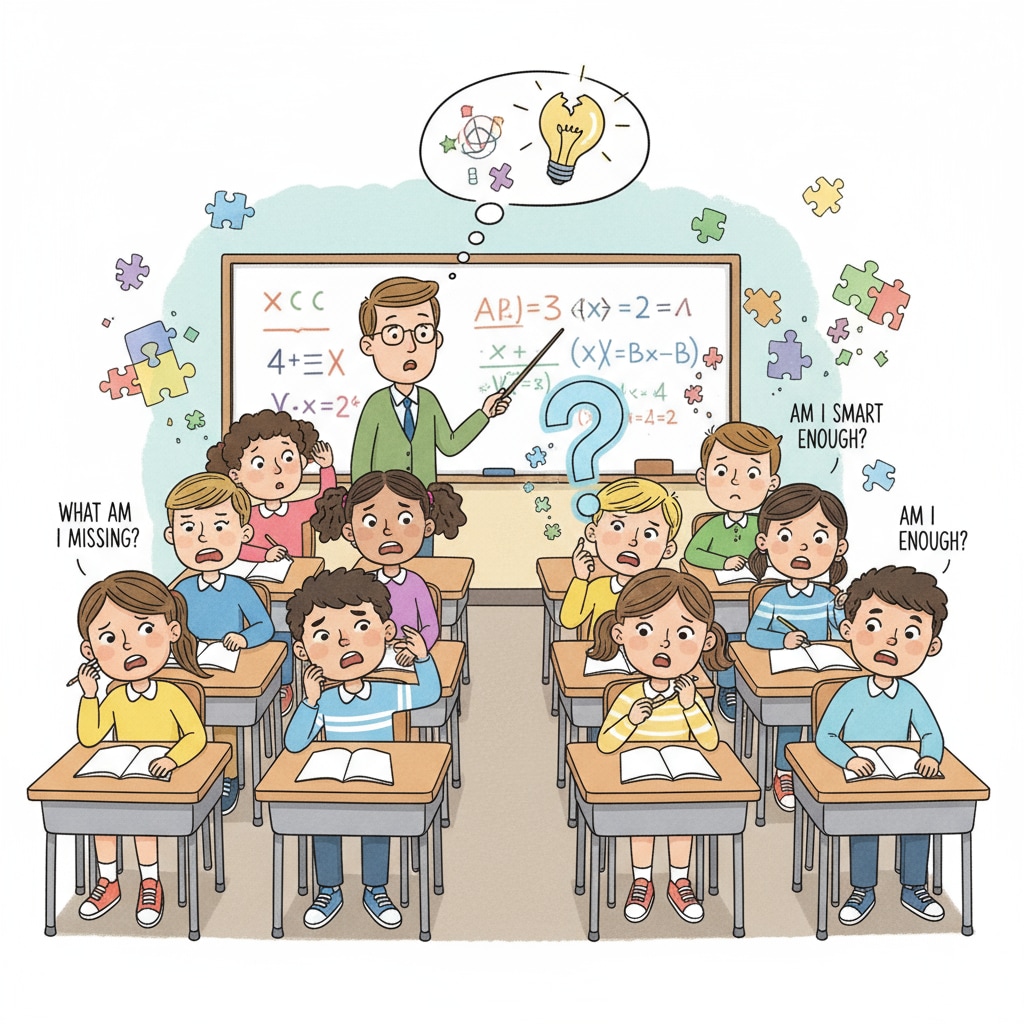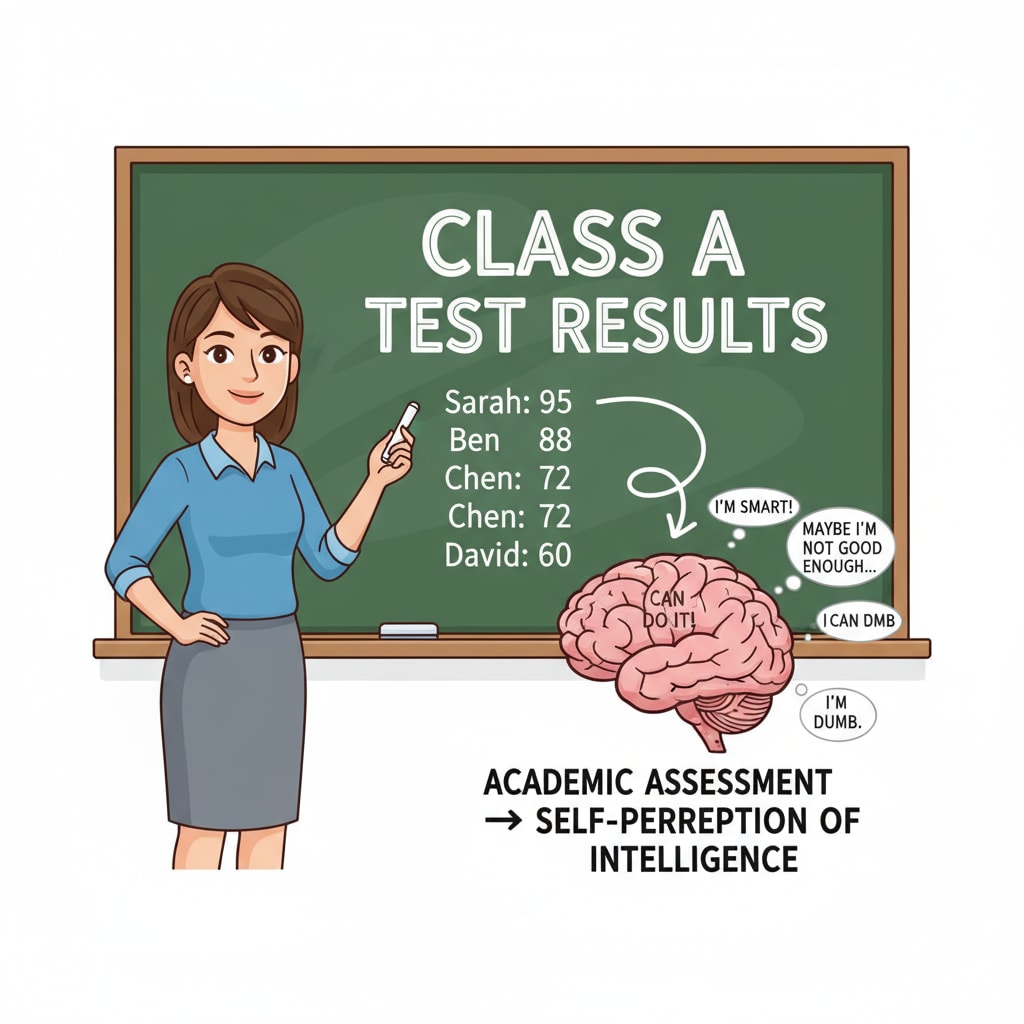Intellectual disabilities, self-cognition, and learning puzzles are common issues that K12 students often face. Many students in the K12 education system find themselves questioning their intellectual capabilities at some point during their learning journey. This self-doubt can significantly impact their academic performance and overall well-being. For example, a student might struggle with a particular subject and start to wonder if they are just not smart enough. This kind of thinking can create a negative cycle that is hard to break.

The Origins of Self-Doubt about Intelligence
The perception of intellectual inadequacy often stems from multiple factors. Firstly, the highly competitive environment in K12 education plays a major role. When students are constantly compared with their peers in terms of grades and academic achievements, those who don’t perform as well may start to believe they have intellectual limitations. According to American Psychological Association’s guide on K12 education, the pressure to succeed can lead to a distorted self-image. Secondly, teaching methods that focus solely on rote memorization and standardized testing can also contribute. Students who don’t excel in these traditional assessment methods may wrongly assume they are not intelligent.

The Impact on Self-Cognition and Learning
This self-doubt about intelligence can have far-reaching consequences for students’ self-cognition and learning. In terms of self-cognition, it can lower self-esteem and create a sense of inadequacy. Students may become discouraged and lose confidence in their abilities. As a result, their learning motivation can be severely affected. They may be less likely to engage in challenging tasks or take risks in their learning. For instance, a student who doubts their intelligence may avoid taking advanced courses, missing out on valuable learning opportunities. Referencing Education Week’s coverage of K12 education, this lack of motivation can lead to a decline in academic performance over time.
To overcome these issues, it is crucial to help students build a healthy self-cognition. Teachers and parents should encourage students to focus on their strengths and progress rather than just comparing themselves to others. By highlighting their achievements and unique abilities, students can start to see themselves in a more positive light. Additionally, providing alternative learning methods and assessment tools can help students discover their true potential. This way, students can break free from the false belief of intellectual inadequacy and embrace a more fulfilling learning journey.
Readability guidance: The content uses short paragraphs to clearly present ideas. Each section focuses on key points related to students’ self-doubt about intelligence, its causes, impacts, and solutions. Transition words like “firstly”, “secondly”, “for example”, and “as a result” are used to enhance the flow of the text. Lists are not overly used but the information is presented in a clear and organized manner.


